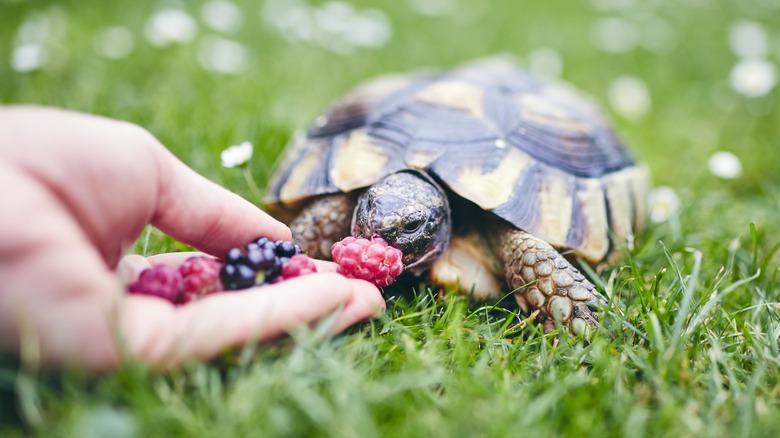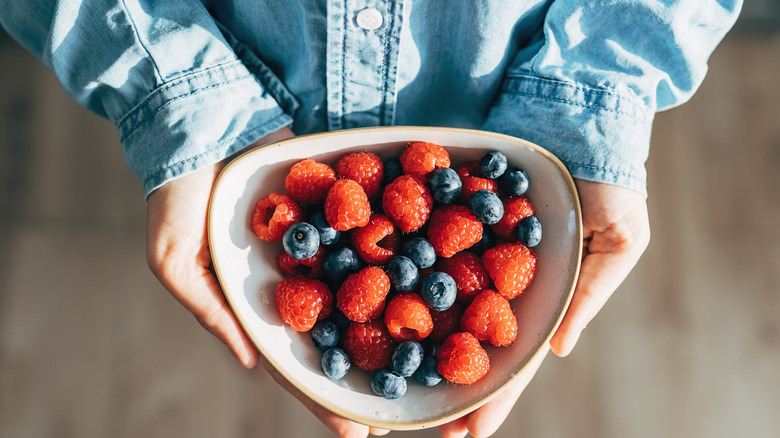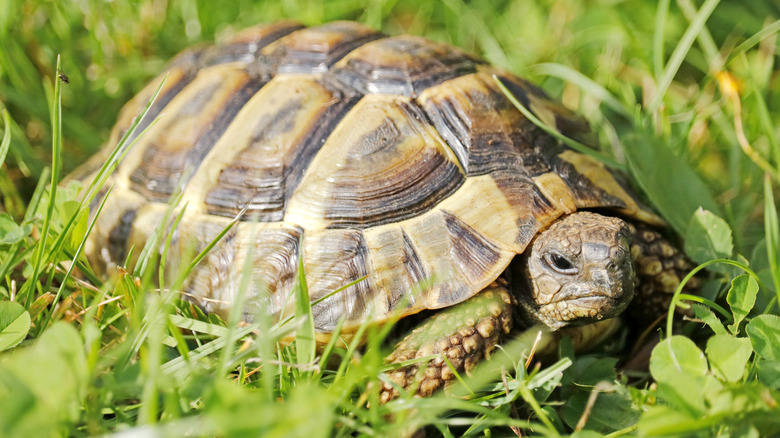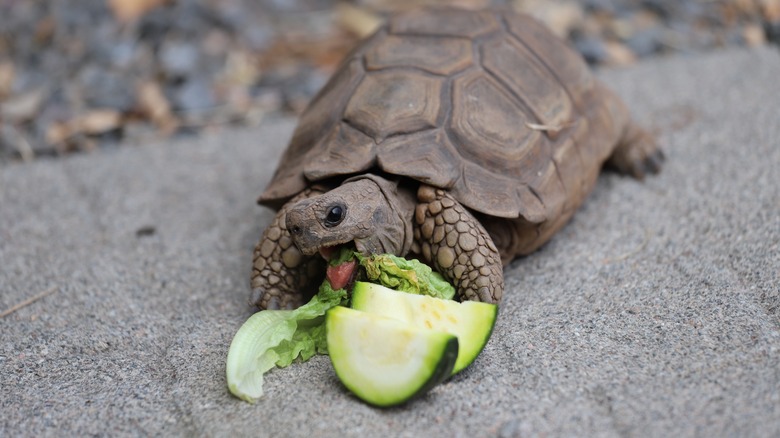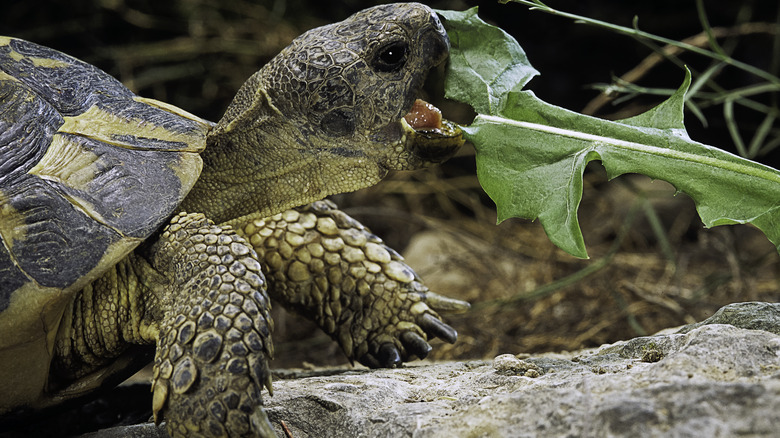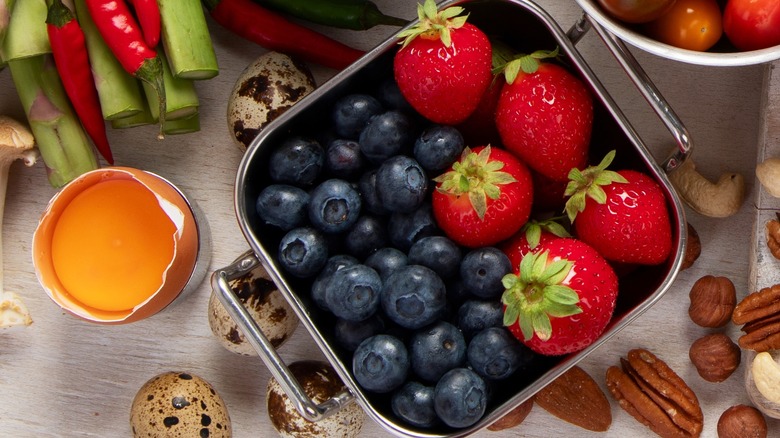What Type Of Berries Can Tortoises Eat?
Tortoises need a meal plan focused on key nutrients, supplemented here and there with some treats. A diet too heavy in treats such as berries and fruit can lead to health complications, including diarrhea, kidney problems and malnutrition. In moderation, however, berries and fruits are suitable snacks for a hungry tortoise.
Which berries are safe?
Make sure that you only feed your tortoise berries that you recognize. Do not give them something you found on a bush in the wild. Some examples of berries that tortoises can safely enjoy include: strawberries, blackberries, blueberries, Marionbarries, huckleberries, raspberries, and gooseberries.
The biggest risk with feeding your tortoise berries is the potential for pesticide poisoning. Carefully wash everything you feed your tortoise first. A good time to feed berries to a tortoise is during a long road trip or on an especially hot day. The moisture in the fruit will help hydrate your tortoise when water is not immediately accessible. Try these:
How many berries can your tortoise have?
In the wild, tortoises are grazers. A good rule of thumb for feeding fruit is to offer it only once or twice a week, and to combine a very small amount of it with whatever you are feeding your tortoise that day. Remove all uneaten food after 20 to 30 minutes; this prevents overeating of fruits and berries, and also eliminates issues of spoilage.
Fruits
In addition to berries, other fruits are perfectly fine in small doses. This includes apples, mango, watermelon, apricots, peaches, pears, banana, and cucumber. Avoid feeding a tortoise citrus fruit at all costs.
General Diet Guidelines
Not all tortoises are created equal: Some are herbivores; others are omnivores. While the herbivore diet is pretty cut and dry — plants, plants, plants — omnivorous tortoises will also eat insects, slugs and snails. Tortoises require a diet that is mostly leaves, shoots and grasses, supplemented with calcium. Know your turtle species' dietary preferences — different tortoises have slightly different dietary needs, depending upon their natural environment. The Sulcata and leopard tortoise diets, for example, should be about 30 percent vegetation such as lettuces and vegetables, and 70 percent dry grasses and hay, to provide appropriate fiber content and avoid gut problems. Russian tortoises, on the other hand, subsist more on weeds, greens and flowers. Before starting your tortoise on any diet, speak to a qualified vet.
An average tortoise's diet needs to be high in fiber, calcium and minerals, and low in phosphorous, fat and protein. Leafy green plants such as spinach, collard greens and beet greens have all of those qualifications. Other suitable options include nettles, dandelion greens and weeds — it's not uncommon for some tortoise owners to let their tort freely graze in a garden. If you opt to do this, make sure the garden is free of pesticides and herbicides. In addition to feeding mostly leafy greens and hay, supplement your tort's diet now and again with sweet treats that he'll love.
Plants to avoid feeding your tortoise
Just because tortoises can enjoy natural food sources like berries, it doesn't mean that everything that grows in the ground is safe for them. Call your local veterinarian if you suspect your tortoise has accidentally eaten any of these foods:
- Avocado
- Chinaberry
- Castor beans
- Juniper berries
- Sweet peas
- Potatoes
- Tomatoes
- Citrus fruits
These fruits and vegetables have low toxicity levels that are nonetheless high enough to warrant putting them on a do-not-feed list. Every individual tortoise has unique needs, preferences and digestive ability. Before feeding your pet tortoise anything, make sure you have read up on the particular species to figure out their specific dietary requirements.
